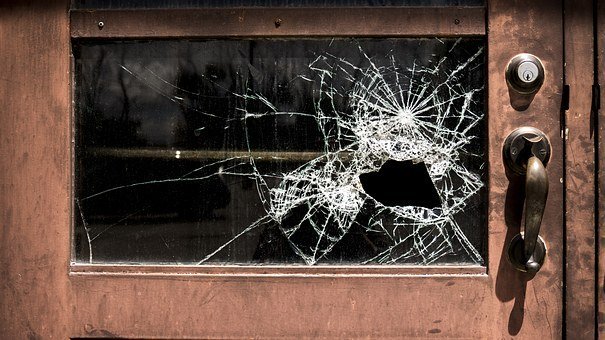Isotia concept
The concept of Isotia was introduced by Peer Holm Jorgensen, a writer from Denmark who is very close to Indonesia. This concept prioritizes the greatness of the writer's soul to be able to accept a past that cannot be fixed. As Martin Alaida, a writer from Indonesia, said in the 2018 Borobudur Writer and Cultural Festival; "We write not to find who is wrong, but to remind all parties so that the incident does not happen again".
That's the impression we get when reading Peer's work, The Missing History (Noura Books, 2015). He offered facts as they were, without appearing to punish the Suharto regime for the suffering of a student leader, Djani, who was accused of being a traitor to the nation when the regime changed.
Peer does not blame anyone and reveals a dark history with a different side so that not only the author is "clean" after writing, but also the character in the book (Soeradjana) and the reader - of course. Past history is where we reflect, however it is a black sheet that we want to bury at the bottom of the ocean of the heart.
Distancing one's inner distance from conflict and injury sometimes enables writers to present stories from different dimensions.
Thrilling, without having to beg
It is in the construction of thoughts and imaginations such as the book Dalam Keriput yang tak Usang: Suara Pemuda dan Jalan Panjang Perdamaian in Aceh can be seen, with a more comprehensive label because this is a compilation of various types of writings. It could be an anthology of poetry, because in it we find two poetry chapters each from Universitas Malikussaleh and University of Indonesia students, as well as being a collection of short stories and essays.
The presence of UI students who saw Aceh from a different perspective gave a more neutral nuance to conflict, although the idiom choice in exploring peace and conflict (read: injuries) in their poetry was almost the same as Universitas Malikussaleh students, some of whom experienced or saw firsthand.
Dalam Keriput yang tak Usang: Suara Pemuda dan Jalan Panjang Perdamaian is a compilation of works from writers who mostly have no writing experience. Editor Zubaidah Djohar said only 20 percent had ever written. That is not detailed writing in what category.
With such conditions and diverse educational backgrounds, the works that emerge also vary in form and vary in quality. There are a number of descriptive poems that don't carefully pick up words so they look like closely related essays. There are indeed several streams in writing poetry, but the choice of words and idioms is a standard concept that we will find in any poem.
This reminds us all that inner experience is one thing while writing is another. Vibrant inner experiences must also be supported by a wealth of words and technical writing that can all be learned.
There are also poems that are born from the contemplation and incorporation of appropriate connotative and denotative words. There are very strong idioms like "walking without a spine" or "I haven't missed yesterday yesterday three" (just to mention an example). But it is not enough to present the beauty and power of meaning of a poem without the continuity of the preceding or following verses. The beauty of poetry must be seen in its entirety from the first letter to the last.
Perhaps because of writing format problems on the computer, all poems presented in this book have the same writing method. The first letters are all written in capital form, as if there is already an agreement between the authors or there are such standard requirements that must not be violated. In fact, poetry frees poets to write in any form while maintaining aesthetics.
We also find problems in preserving oversimplements and ways of presentation in writing short stories. Constructing conflict in intertwined words is an important part of shaking the mind without having to beg for the reader's attention.
The use of Acehness language in the dialogue of characters in short stories does indeed thicken the scent of location and characteristics. But when all dialogue is presented in the same format, it will disturb the illusion of the reader, as footnotes in a fictional text. The writer must be more selective in choosing which dialogues should be conveyed in Acehness language and dialogues that need to be explained only in Arabic. In another part, it is still found a double connotation language which can actually be replaced with another stronger sentence.
In writing short stories that explore pain, it is better for students to also read two of George Orwell's books, translated by Diva Publisher in Bahasa in mid-2019, are the Down and Out in Paris and London and Burma’s Days.
Weak data exploration is also seen in essay writing, except there are a number of essays that mention the data in a relevant way. To reinforce certain arguments, mention of data from credible sources is necessary. Exploration of the data can be presented in straightforward language, because we are not making scientific journal reports.
In addition, there are still typos in this book, including in the introductory editor there is an unfinished sentence. However, despite all that, this work deserves appreciation as a first step in self-cleaning. Going forward, we will see the great work of several CM members who faithfully serve the world of literacy.[]


